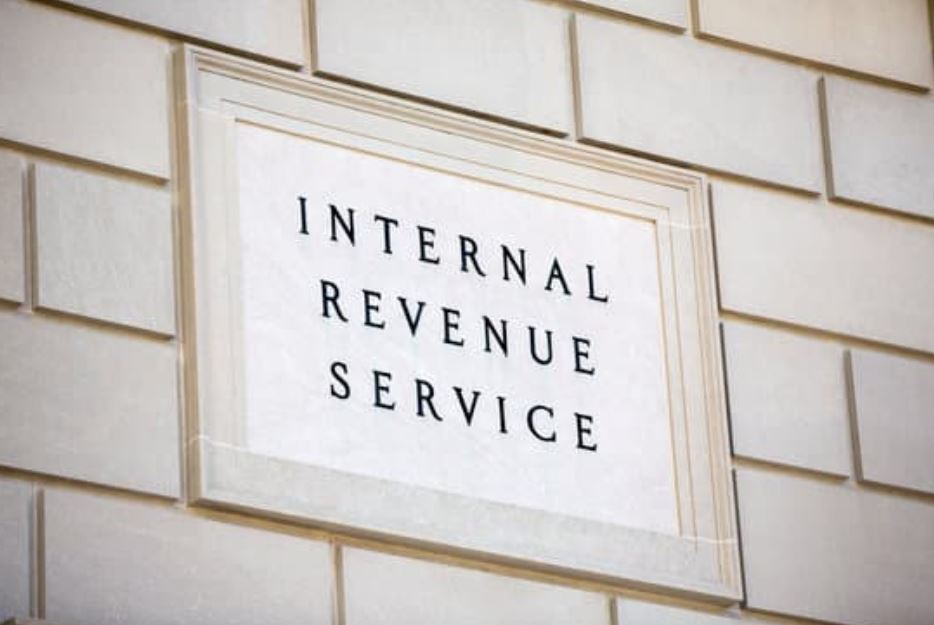IRS Delays Roth Catch-Up Requirement
As the Wall Street Journal summarizes it, "Higher earners age 50 and up will get two more years to use pretax dollars for all of their retirement savings in 401(k)s and similar plans, after the Internal Revenue Service delayed a new requirement."
The new requirement that any catch-up contributions made by higher‑income participants in 401(k) and similar retirement plans must be designated as after-tax Roth contributions has been delayed. The IRS has announced an administrative transition period that extends until 2026 for this change.
The IRS has also clarified that plan participants who are age 50 and over can continue to make catch‑up contributions after 2023, regardless of income.
According to the guidance, starting in 2024, the new Roth catch-up contribution rule applies to an employee who participates in a 401(k), 403(b) or governmental 457(b) plan and whose prior-year Social Security wages exceeded $145,000.
The administrative transition period will help taxpayers transition smoothly to the new Roth catch-up requirement and is designed to facilitate an orderly transition for compliance with that requirement, according to the IRS. The notice also clarifies that the SECURE 2.0 Act does not prohibit plans from permitting catch-up contributions, so plan participants who are age 50 and over can still make catch-up contributions after 2023.
The Treasury Department and the IRS say that will be issuing future guidance to help taxpayers, and the notice describes several positions that are expected to be included. As with most IRS announcements, the rules can be complex. Be sure to get competent advice to make sure you understand how this change may affect you.


.png)




Reply a Comment